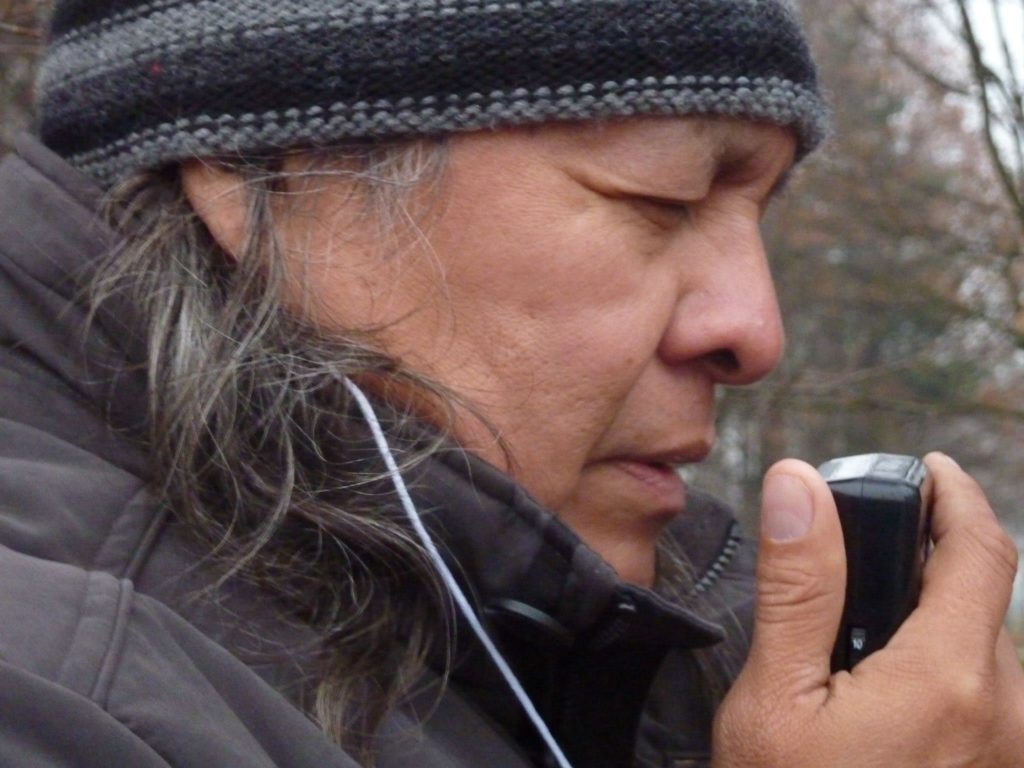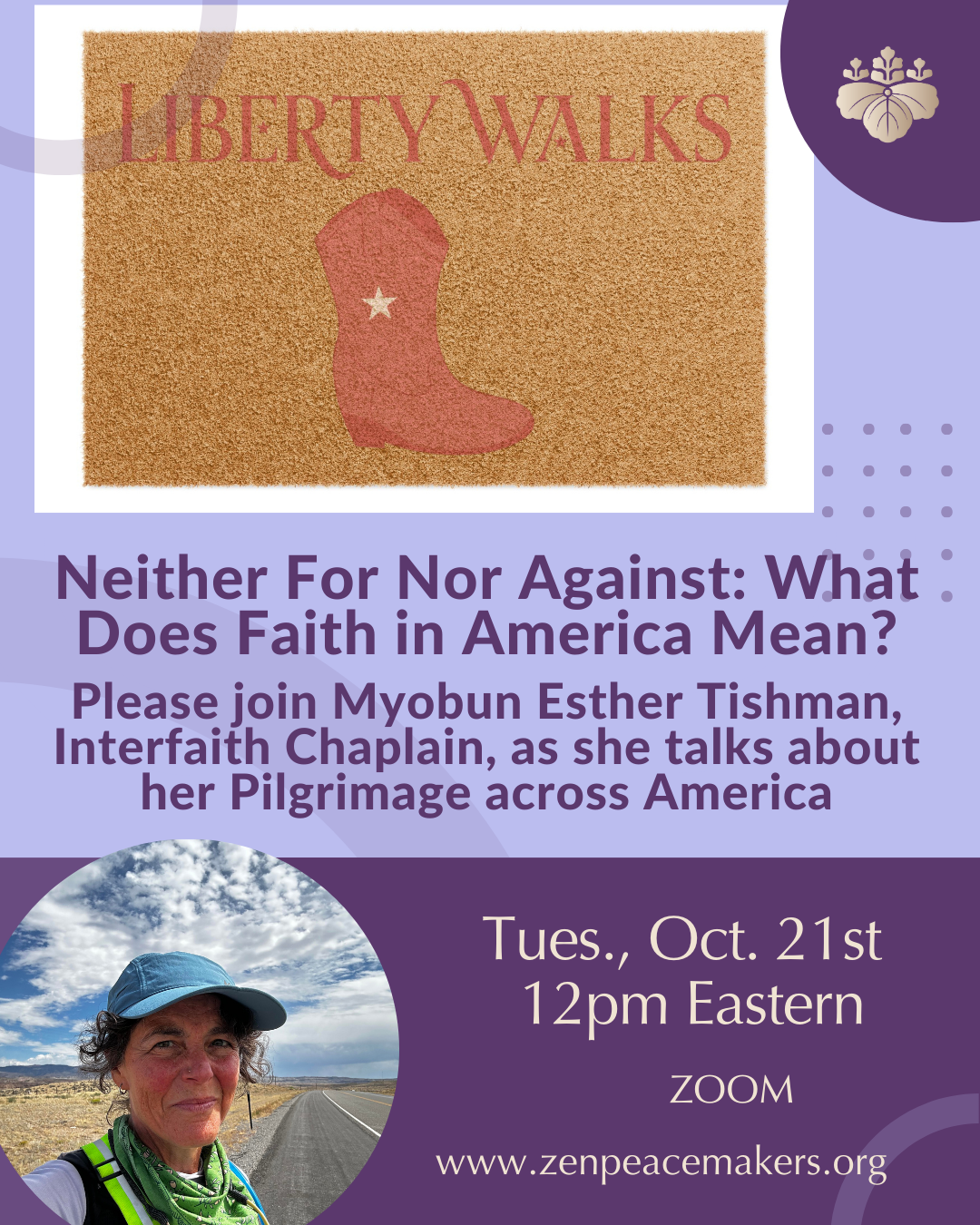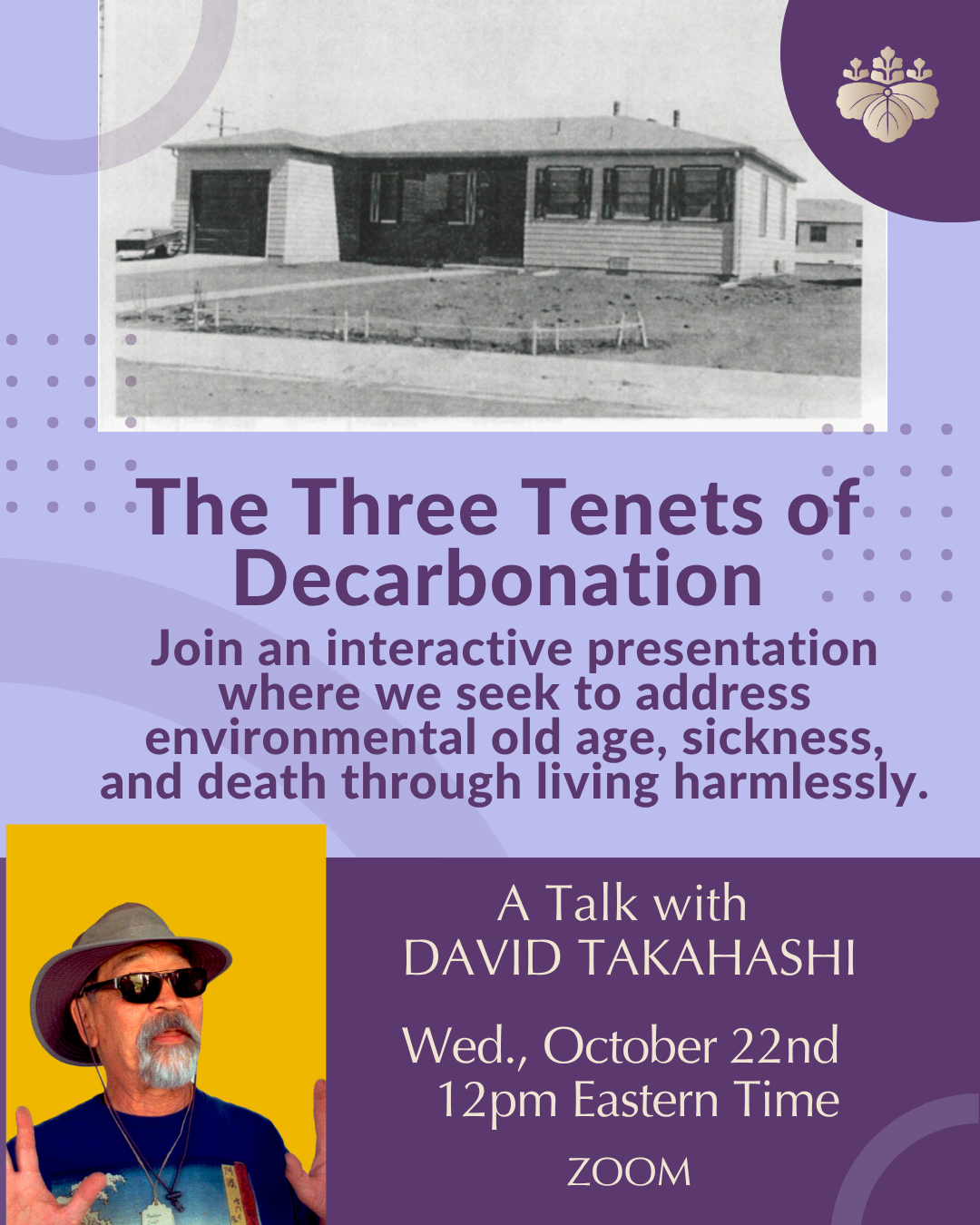By Roshi Eve Marko, originally appeared on www.evemarko.com on March 10th, 2017
Today delegations from Native American tribes will march on Washington once again. The Standing Rock Sioux are back in court over the Dakota Access Pipeline, which was put on hold by President Obama in December and put right back into production by President Trump a month later. The pipeline would deliver fracked oil over land adjacent to Standing Rock Reservation and going under the Missouri River, posing a grave threat of leakage both to the Reservation and to one of the great rivers of this country. The stand at Standing Rock that began this past summer shone a light once again upon how little we honor the Native nations, our commitments and treaties with them, and how little we honor the earth.
So this is a good time to evoke an evening five days ago, when I went to listen to Tiokasin Ghosthorse at the Guilford Community Church in Vermont. Tiokasin is a Lakota sundancer from Cheyenne River Reservation. He hosts First Voices Radio, a program that appears on some 70 local public radio stations in this country, and travels all over the world presenting Native consciousness and values.
I met Tiokasin several years ago when he was instrumental in helping to develop Zen Peacemakers’ bearing witness retreat in the Black Hills. He served as a leader in that retreat and in the plunge last summer, and will be there again when we go back this coming summer.
I’ve been in lots of meetings with Tiokasin, but never had the chance to sit back and listen to him speak and play flute. Here is my paraphrasing of what he taught us that evening (any mistakes and inaccuracies are my own, for which I apologize in advance):
In Lakota, everything is relational. We don’t have a word in for I in Lakota, I refers to everything that is.
The Judeo-Christian Bible says that God created man on the sixth day, after creating everything else. So even that Bible admits that humans are younger than anyone else on earth. Lakota also say that when they emerged from Wind Cave onto the surface of the earth, they had to ask the animals who were already there how to live, how to survive. Rather than humans ruling over animals and the rest of life as the Bible prescribed, it is the animals who teach us about living a life of balance, of give-and-take; it is the animals that must have patience with us.
For this reason, in Lakota we appreciate everything. In English we are always asking for something.
We are caregivers to Mother Earth, we give her care. She’s our caretaker, she has always taken care of us. We are slowly learning about how much she is giving us, has given us for millions of years, and what we are doing to her. There is much to do, but first and foremost we have to learn to grieve, to beg her for forgiveness. And we have to learn to praise. There is a way to grieve and praise all at the same time.
If you’re fully conscious, you have respect for everything that Mother Earth gives you. If that’s your basic attitude, one of respect, you don’t need conscience, a Judeo-Christian concept based on dualistic codes of what’s right and what’s wrong.
We consciously ascribe mystery to everything. (I was deeply moved by this; it’s a beautiful way to describe not-knowing.) Part of that mystery also applies to what happened at Standing Rock since last summer. You have eaten our food all these years, you have us in you. We’re not so separate. Standing Rock was about many things, including Native tribes coming together to fight for water. But it was also about that coming out in you, in us, in everything.

Tiokasin remembered sitting with us at Auschwitz-Birkenau. We don’t have silence, he said, we prefer to call it respectful quiet. And finally, in describing himself, he said: I am a baby elder, and added, I always try to remember that I am not greater than the message.
What does it say about our Western arrogance that Native Americans were only granted freedom to practice their religion in 1978, almost 40 years ago? There’s irony in the photo I have above, of Tiokasin standing by the big Guilford Church cross, for Tiokasin himself was educated in Christian boarding schools when so many Native children were taken away from their parents’ homes.
It is a measure of the man that he will go to speak here, and almost everywhere. And it is a measure of the changes and challenges of our times that the evening was held to benefit the young people of the Guilford Church who are going to work in Cheyenne River Reservation as part of the Simply Smiles program, which builds homes, plants gardens, and works with children on the Reservation.
Zen Peacemakers is also sending a group to Simply Smiles this August (2017), followed by a week of bearing witness. Following Tiokasin’s talk I felt a deep desire to show up not just to bear witness but also to build, serve, participate in stories, meet and listen. The depth of our bearing witness is visible through the action we take, so now I wish to do both weeks.
 Roshi Eve Myonen Marko is one of the founding teachers of the Zen Peacemaker Order and a principal teacher at Green River Zen Center in Massachusetts, USA. She has co-led bearing witness retreats in Auschwitz-Birkenau, Rwanda and the Black Hills. Eve writes regularly in her blog and is the author of the novel The Dogs of the Kiskadee Hills: Hunt for the Lynx.
Roshi Eve Myonen Marko is one of the founding teachers of the Zen Peacemaker Order and a principal teacher at Green River Zen Center in Massachusetts, USA. She has co-led bearing witness retreats in Auschwitz-Birkenau, Rwanda and the Black Hills. Eve writes regularly in her blog and is the author of the novel The Dogs of the Kiskadee Hills: Hunt for the Lynx.



